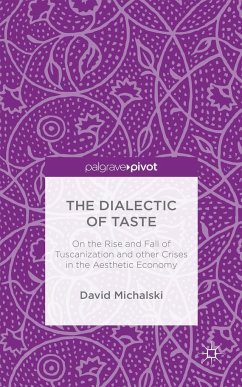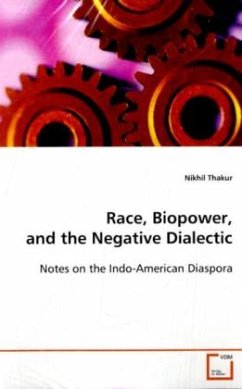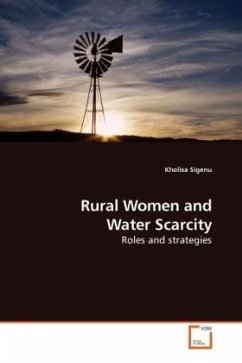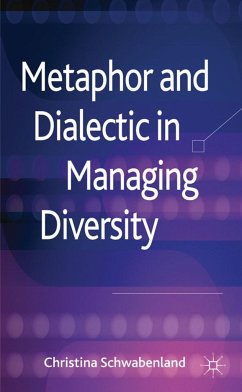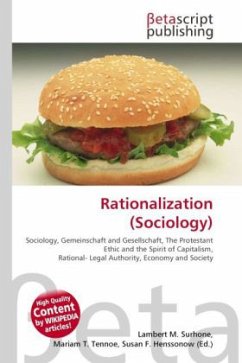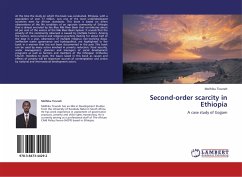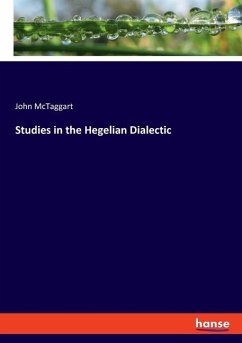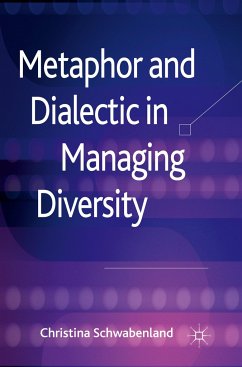
Rationalization and Capitalism's Dialectic of Scarcity
A Critical Reinterpretation of Marx, Weber, Lukacs and Gramsci
Versandkostenfrei!
Versandfertig in 6-10 Tagen
52,99 €
inkl. MwSt.

PAYBACK Punkte
26 °P sammeln!
Focusing on the relationship between capitalism, rationalization and scarcity, this book offers a critical reinterpretation of Marx, Weber, Lukacs and Gramsci.Pointing out the materialist elements in Weber's conception of the impulse underlying religious rationalization, this work argues that the emergence of capitalism creates the possibility of an alternative society that would use modern technology to drastically reduce the existence of undeserved human suffering that religious theodicies have tried to interpret. Thus, the emergence of capitalist society has inadvertently initiated a new st...
Focusing on the relationship between capitalism,
rationalization and scarcity, this book offers a
critical reinterpretation of Marx, Weber, Lukacs and
Gramsci.
Pointing out the materialist elements in Weber's
conception of the impulse underlying religious
rationalization, this work argues that the emergence
of capitalism creates the possibility of an
alternative society that would use modern
technology to drastically reduce the
existence of undeserved human suffering that
religious theodicies have tried to interpret. Thus,
the emergence of capitalist society has
inadvertently initiated a new stage in the
rationalization process. The challenge is no longer
to provide a coherent explanation of undeserved
human suffering, but to undertake the social change
necessary to reduce it.
This challenge can be met by an alternative society
that would use modern technology to overcome
scarcity and meet everybody's needs. In this
respect, capitalism creates a universal human
interest in its own overcoming. To understand the
obstacles to the recognition of this universal
interest, this work draws from and reinterprets the
works of Lukacs and Gramsci.
rationalization and scarcity, this book offers a
critical reinterpretation of Marx, Weber, Lukacs and
Gramsci.
Pointing out the materialist elements in Weber's
conception of the impulse underlying religious
rationalization, this work argues that the emergence
of capitalism creates the possibility of an
alternative society that would use modern
technology to drastically reduce the
existence of undeserved human suffering that
religious theodicies have tried to interpret. Thus,
the emergence of capitalist society has
inadvertently initiated a new stage in the
rationalization process. The challenge is no longer
to provide a coherent explanation of undeserved
human suffering, but to undertake the social change
necessary to reduce it.
This challenge can be met by an alternative society
that would use modern technology to overcome
scarcity and meet everybody's needs. In this
respect, capitalism creates a universal human
interest in its own overcoming. To understand the
obstacles to the recognition of this universal
interest, this work draws from and reinterprets the
works of Lukacs and Gramsci.



